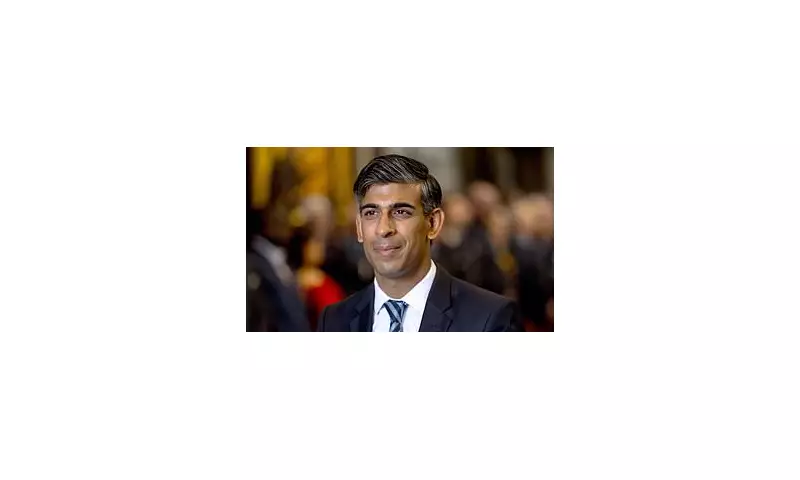
In a dramatic policy reversal, the Sunak government has abandoned its previous stance on prostate cancer screening following intense pressure from medical experts and campaigners. The decision marks a significant victory for health advocates who have long argued that routine screening could prevent thousands of premature deaths each year.
Breaking the Screening Deadlock
The government's unexpected U-turn comes after mounting evidence revealed that Britain's current approach to prostate cancer detection has been failing patients. Unlike many other developed nations, the UK has resisted implementing widespread screening programmes, leaving many cases undiagnosed until reaching advanced stages.
Health Secretary Wes Streeting acknowledged the policy shift, stating: "The evidence is clear - we cannot continue to ignore a health crisis that claims over 12,000 British lives annually. Early detection is our most powerful weapon against this disease."
The Human Cost of Inaction
Campaigners have highlighted heartbreaking stories of men whose cancers were detected too late for effective treatment. Prostate Cancer UK estimates that implementing a targeted screening programme could save up to 3,000 lives each year, particularly among high-risk groups including black men and those with family histories of the disease.
Key improvements expected from the new approach include:
- Targeted screening for men over 50 and high-risk groups from age 45
- Increased access to MRI scans before invasive biopsies
- Standardised follow-up procedures across NHS trusts
- Public awareness campaigns about prostate cancer symptoms
Medical Community Reaction
Leading oncologists have welcomed the policy change, describing it as "long overdue" and "potentially game-changing" for men's health outcomes. The Royal College of General Practitioners has pledged to work closely with the government to develop practical implementation strategies that won't overwhelm primary care services.
Professor Richard Sykes, a prominent urological surgeon, told reporters: "This represents the most significant advancement in prostate cancer care in a generation. We finally have political recognition that the status quo was costing lives."
What Happens Next?
The Department of Health is expected to announce detailed implementation plans within weeks, with pilot programmes likely to begin in early 2025. The government has committed to working with NHS England to ensure adequate staffing and equipment are in place to handle increased detection rates.
This policy reversal follows similar successful screening programmes for breast and bowel cancers, which have dramatically improved survival rates through early intervention. The move positions the UK to catch up with European neighbours who have had prostate cancer screening programmes for years.





